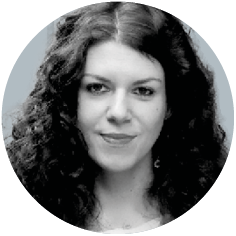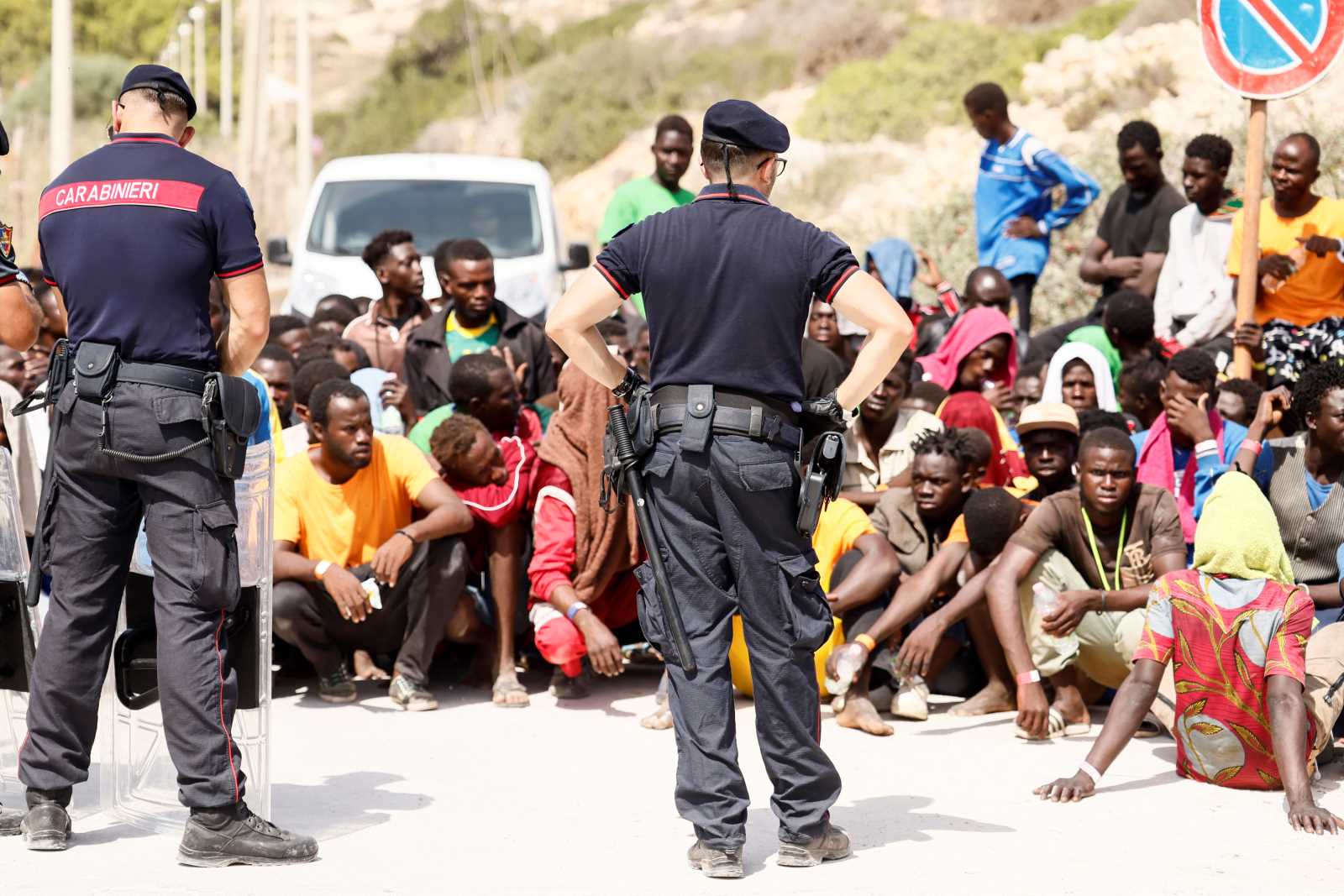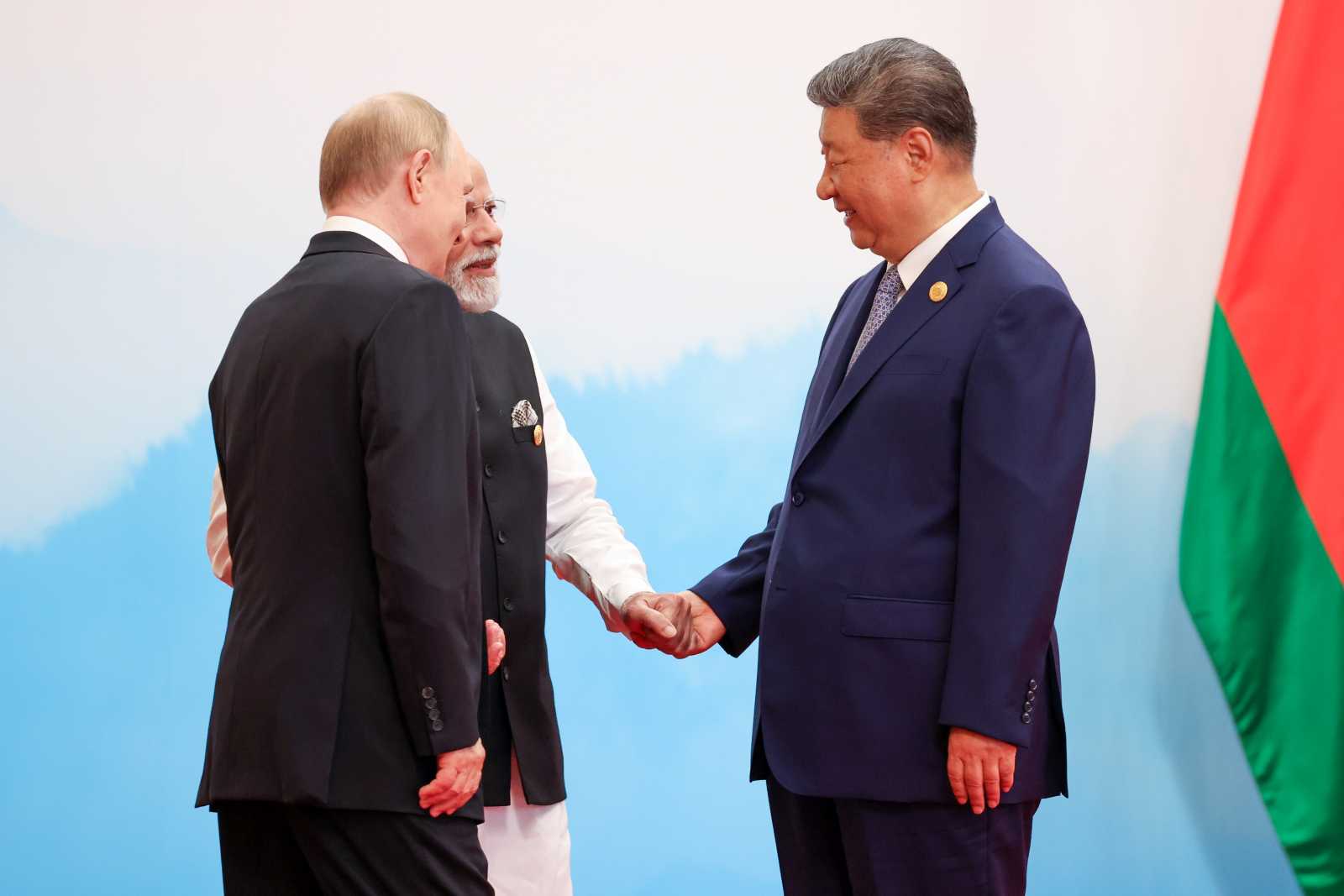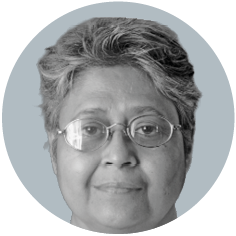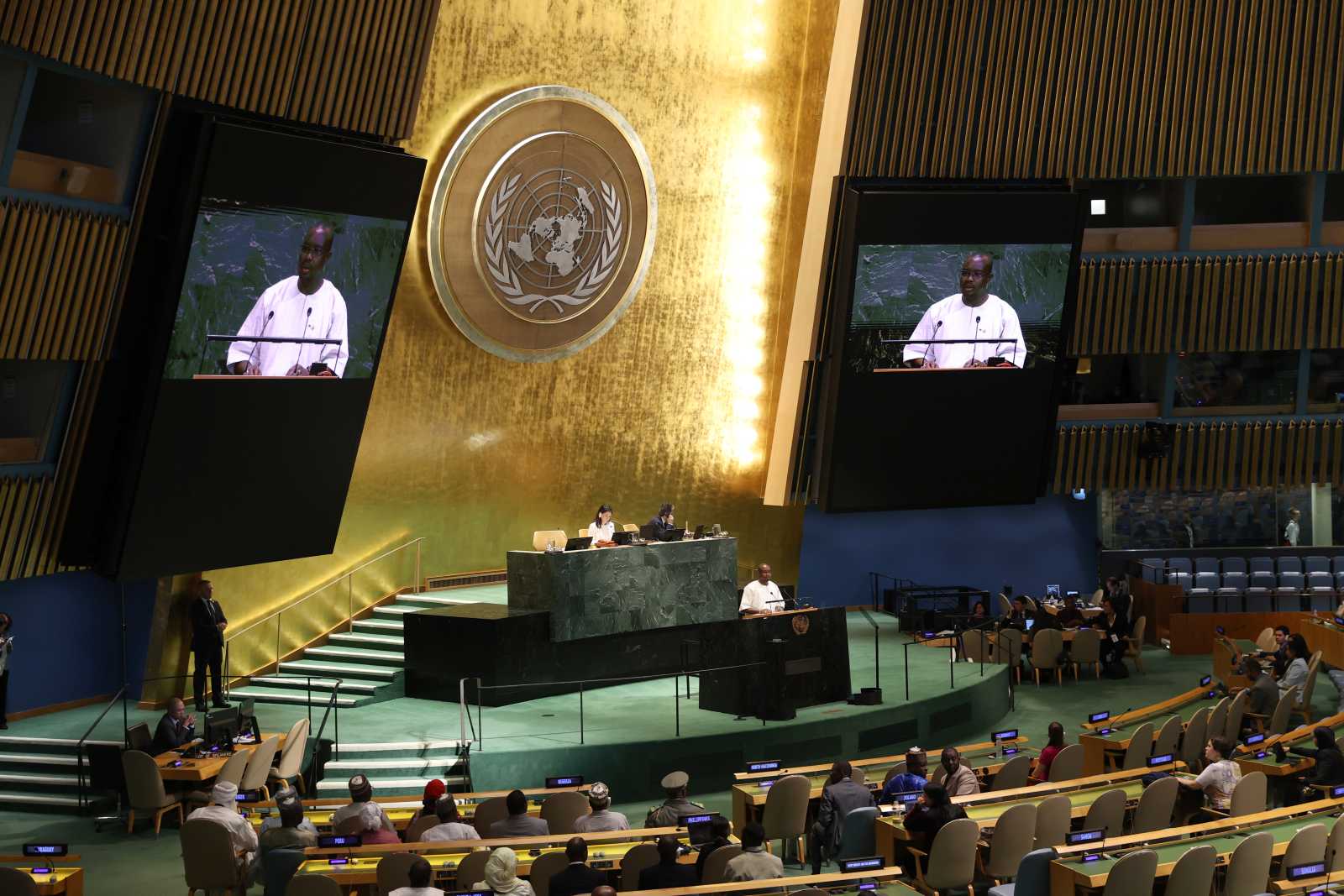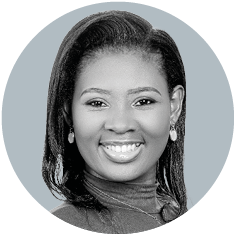Multilateral organisations
What geopolitics have to do with golf clubs
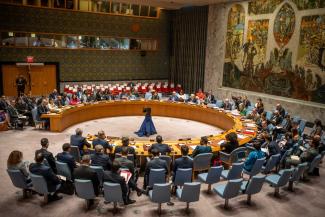
The term “rules-based world order” has been floating around multilateral fora and conferences of international organisations for some time now. It informs statements by the US and the EU in particular. However, the notion often fails to convince actors from poorer world regions. Their main point of criticism is that western states and international organisations themselves do not abide by the rules they propagate.
This inconsistency begins with the fact that membership in international organisations follows highly flexible rules and criteria. Harvard professor Christina Davis argues in her book that membership decisions are deeply political. It is not effectiveness or conformity to the central concerns of an organisation that determines acceptance, but rather geopolitical alignment.
NATO and WTO membership criteria are formulated rather vaguely
She examined the provisions of various international organisations and determined that many membership criteria are formulated only vaguely. From NATO to the World Trade Organization (WTO), the resulting margin of discretion could raise entrance barriers for some and lower them for others. Non-allies would potentially have to make a greater effort to reform.
According to Davis’s findings, admission requirements are conceived in such a way that selection is based on a vote by existing member states. As a result, states with similar geopolitical alignment tend to join the same organisation. In her statistical analyses, Davis measures this alignment with reference to, for example, existing (bilateral or security) alliances and voting behaviour in the UN.
Existing members of international organisations select new members
The approval of existing members plays the biggest role in the selection of new members and is handled completely arbitrarily, writes Davis. This combination of selectivity and vague requirements is what leads Davis to call international organisations “discriminatory clubs”.
She argues that admission into an organisation thereby becomes an instrument of soft-power diplomacy. Flexible criteria turn membership into a carrot and stick in order to reach goals that extend beyond the organisation’s scope of action, she writes.
Conversely, the exclusion of a state is a possible sanction. Davis determines that very few organisations have clear rules in this respect and points to South Africa: during apartheid, the country was excluded from almost all international contexts, regardless of whether it actually complied with regulations or made contributions on time. Such exclusion is rare, but very effective.
Some organisations remind Davis of golf clubs: existing members are by no means only interested in new candidates’ golf expertise, but also in their status.
Prestigious OECD membership
She calls the Organisation for Economic Co-operation and Development (OECD) the prime example of a “rich country club”. Being a member comes with prestige, which is impressive not only to a country’s own population, but also to investors. Group membership signals a state’s status, Davis writes.
Davis further claims that even regional organisations are secretly “discriminatory clubs”. Statistical analyses of 197 regional organisations suggest that security alliances are just as important for membership as geographic proximity.
Recognising the sovereignty of a state
According to Davis, the same is true of organisations that have explicitly committed themselves to the principle of open membership. There are limits here, too, because membership in international organisations often determines whether the sovereignty of a state is recognised. Thus, countries like Palestine and Taiwan are excluded. Moreover, Davis claims that there are inequalities within organisations too, as the power of the permanent members of the UN Security Council demonstrates.
Davis’ main reproach is that the membership criteria of international organisations lack clear definitions. Regional organisations mention “regions” without describing their geographic boundaries. Universal organisations proclaim “open membership for all states” without defining statehood.
In Davis’ telling, international organisations thereby become the gatekeepers of state sovereignty, which is only conferred on member states. Thus, Davis reveals a paradox: state sovereignty is a precondition for being admitted to international organisations, but membership is a precondition for establishing state sovereignty.
Debate about Palestine and Taiwan’s sovereignty
She brings up Taiwan in this context as a country with an efficient government that is excluded from, for example, the UN because of its sovereignty conflict with China, and not because of doubts about its future compliance with the rules. Examples like Palestine or Taiwan show that membership in the “clubs” depends on much more than international cooperation in certain areas. Davis believes that admitting these two countries into the World Health Organization (WHO), for instance, would greatly benefit the global health sector. But it would also have far-reaching geopolitical consequences.
Davis cites numerous cases that support her argument: if the OECD were to require democratic governance or conduct a strict evaluation of compliance with all its conventions, countries like Turkey and Mexico would have had a harder time becoming members. If the WTO were truly universal, foreign policy considerations not relating to trade would not have prevented Iran’s admission, or delayed China’s.
Historical relationships between countries
Davis concentrates on the world after 1945 but does not fail to mention that over the course of history, states have tried to smooth out their differences in a variety of ways. Dynastic networks structured early modern Europe; Confucianism and tributary relationships played a similar role in East Asia. Imperialism forced many regions to conform to European “civilisation standards”, which were largely achieved through armed violence. According to Davis, geopolitical alignment replaced imperial, cultural or dynastic connections and “universal values” supplanted the rhetoric of civilisation only after 1945.
Her tentative look into the future is interesting: she proposes that security interests as a common marker in international organisations could give way to other concerns. She is not the only one thinking of clubs of climate protectors.
These structures play an important role, as Davis states that without a higher authority, the international community is actually anarchistic. She believes that order is only possible if the institutions of this community serve a common good.
Davis fails to note in this context that the universal values that constitute this common good are based on liberal ethics and the European Enlightenment, which may very well conflict with cultural values in many other parts of the world.
International organisations tend to over-expand
However, the central concern of her book is not to criticise, but to analyse. Davis makes clear that she does not want to address the consequences of discriminatory membership rules. However, she cannot help but note that vague rules encourage the admission of states that do not actually perform well enough to belong, and a lack of exclusion criteria keeps rule-breakers in the organisations. According to Davis, this trend leads to over-expansion, the consequences of which are a dilution of the status advantage and a decline in the organisation’s achievements in its target area. As a result, Davis claims, there is an incentive to keep founding new organisations.
Davis puts it even more clearly: if states admit less-qualified partners into, for example, a predominantly economic organisation on the basis of security ties, their membership will reduce the organisation’s average performance. But this is where the golf club analogy raises her hopes: someone who has no talent for golf but wants to belong to elite circles can always learn how to play.
Katharina Wilhelm Otieno is a member of D+C/E+Z’s editorial team.
euz.editor@dandc.eu
